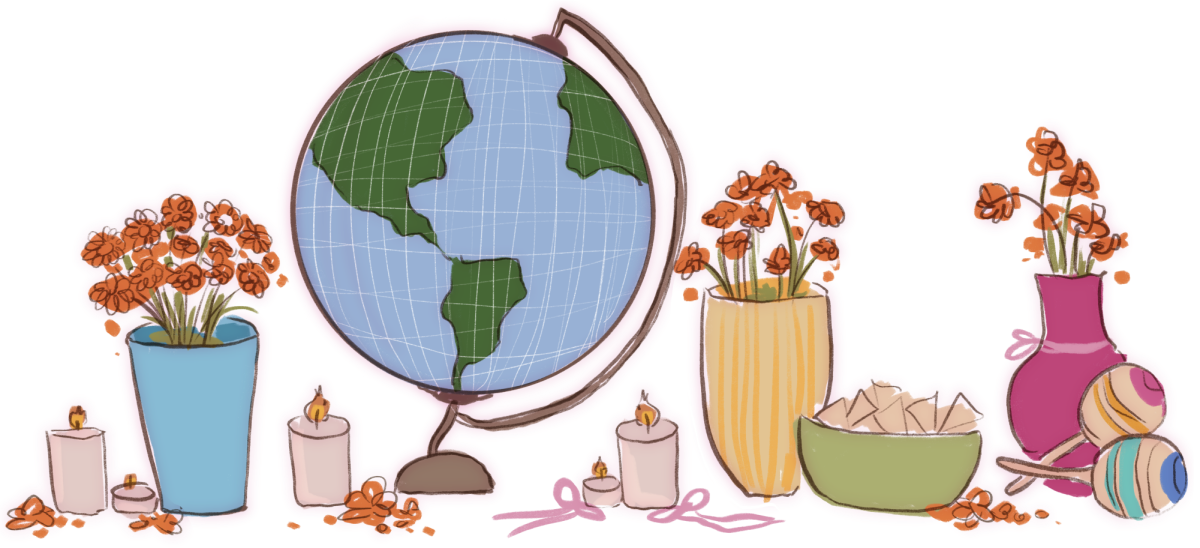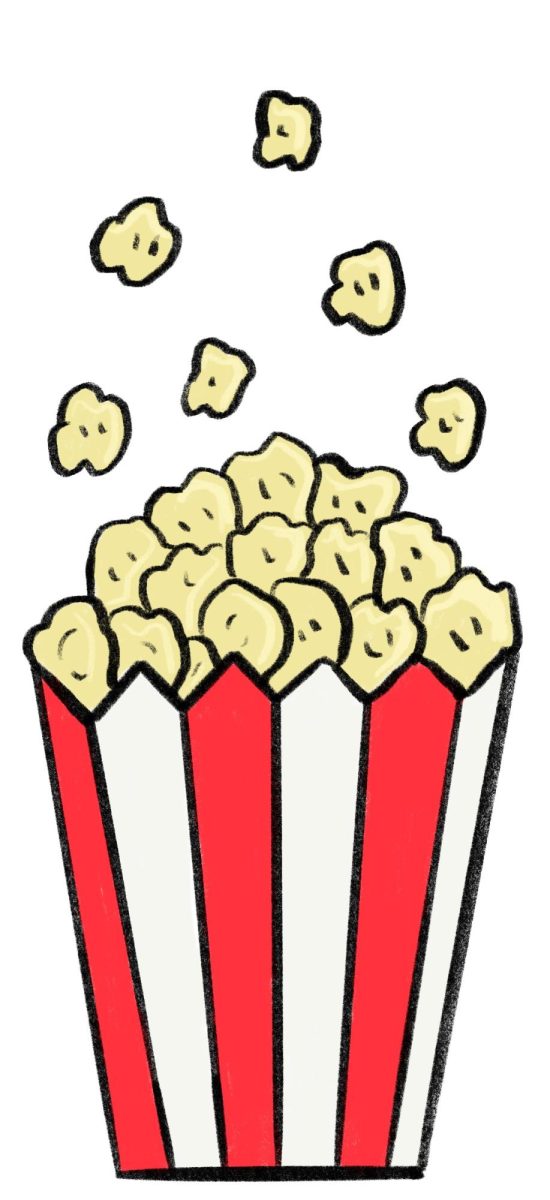Halfway through a summer Netflix marathon, I thought I really should be tackling that list of books my dean gave me instead. Rather than lying there and letting my brain cells rot, I should be doing something productive.
This pattern repeated itself every time I watched Very Mary-Kate on collegehumor.com or clicked through my friends’ summer photos on Facebook.
“Why am I doing this instead of learning my SAT vocab?” I’d wonder.
For the majority of the summer, my schedule was crammed with work, practice SATs and whirlwind trips to Northern California. In the few days that I had to relax, why couldn’t I just let go? I felt guilty about being lazy, even though summer exists for me to sleep in, do nothing and be proud of it.
Harvard-Westlake has instilled in me this attitude that if I’m not doing something to change the world or bolster my resume then I’m wasting my time.
I can’t just watch hours upon hours of “Community” without a nagging feeling that I should be doing something with purpose, something more academic, more important.
My peers are hardworking intellectuals. They drive me to work with vigor and be more productive. Everywhere I look, someone is doing more than I am or accomplishing something more important than I am, so I push myself to keep up.
When I’m not keeping up I feel guilty. I feel like I am always competing for the most rigorous schedule, even on vacation.
I thought I was alone in this, but every classmate I’ve talked to has expressed a similar experience. We all want to unwind but can’t completely let go.
Here’s my call to inaction. In the next nine months, you probably won’t have too much free time, so make it count. Don’t waste those precious moments of relaxation by worrying about wasting time.
We all push ourselves to excel in class, sports and extracurriculars, but we’re only human. We need to rest and recharge before we can continue.
That 30 minutes (or two hours) you spend watching TV, on the internet, or hanging out with your friends will actually help your brain perform better when you turn to your homework. Our brain chemistry even tells us to relax, but I can’t help but guilt-trip myself. Stanford neuro-biologist Robert Sapolsky has proven that constant stress means increased levels of cortisol in the brain. Long-term cortisol exposure limits the brain’s ability to form new connections and store memories.
Don’t feel bad about relaxing. Taking a break stimulates brain function, and can make you more productive in the long run. Put 100 percent into what you’re doing, without hesitation, even if what you’re doing is nothing at all.































